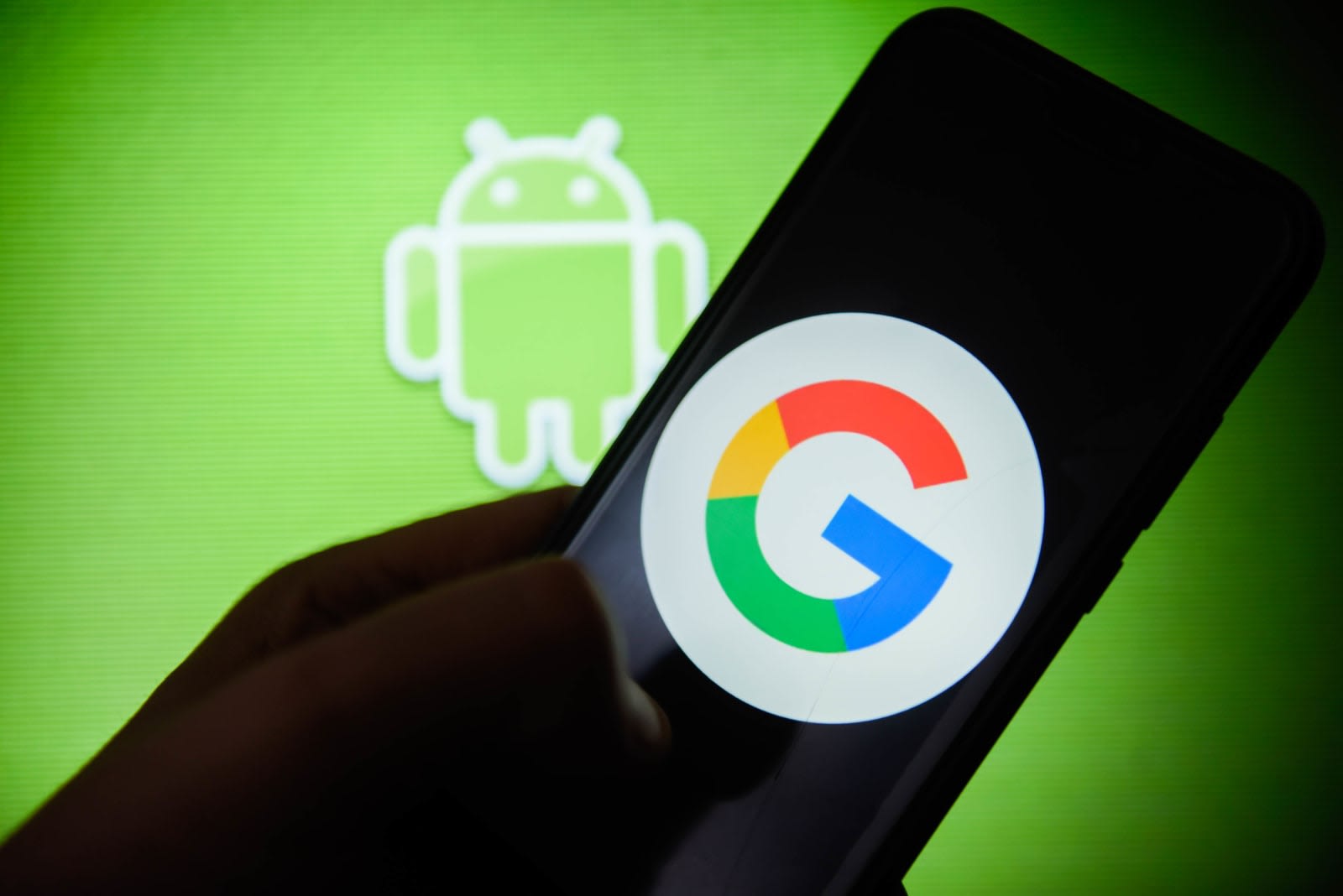“Today, Google released its fifth annual security and privacy report.”
A first look at Microsoft’s new Chromium-powered Edge browser
“Microsoft is rebuilding its Edge browser on Chromium. The software maker has been testing versions of this browser internally at Microsoft, and now The Verge has secured an exclusive first look at the early work thanks to a source who wishes to remain anonymous.”
How to Safely Dispose of (or Sell) Smarthome Hardware
“When you decide to get rid of your smarthome gadgets, you shouldn’t just toss them in the trash, sell them, or give them away. Before you take the products out of your house, you should wipe the data off them.”
Google Duplex now available in 43 states, coming to non-Pixel devices soon
“Google Duplex — the magical system that allows an artificial intelligence to place phone calls and make reservations at restaurants — is rolling out now to more areas of the United States. Previously, Duplex was only available in a few major metro areas, like San Francisco, New York and Atlanta.”
Gmail’s confidential mode now available to GSuite accounts as beta
“It’s hard to believe now, but Gmail’s interface revamp is almost a year old now. Really.”
T-Mobile Shares Tons of Details on Its Home Internet Service, Including Free Router
“T-Mobile is still trying to convince the US government that it should be allowed to merge with Sprint, leaving our country with three major wireless carriers.”
A Verizon outage is preventing ‘a ton’ of customers on the East Coast from texting
“The carrier’s customer support Twitter account confirmed the outage in response to questions and complaints from customers. The issue appears to have started at 8:30 a.m.”
PSA: Don’t give out your phone number for Facebook 2FA, use an app instead
“It’s no secret that Facebook doesn’t respect your privacy in the least: we learned last October that the company used the phone number you provided for two-factor authentication to enable advertisers to target you.”
Verizon asks the FCC to let it lock new smartphones for 60 days
“Verizon is asking the Federal Communications Commission to let it keep new smartphones locked to its network for 60 days, as part of an initiative to prevent identity theft and fraud.”
Verizon asks the FCC to let it lock new smartphones for 60 days
“Verizon is asking the Federal Communications Commission to let it keep new smartphones locked to its network for 60 days, as part of an initiative to prevent identity theft and fraud.”







